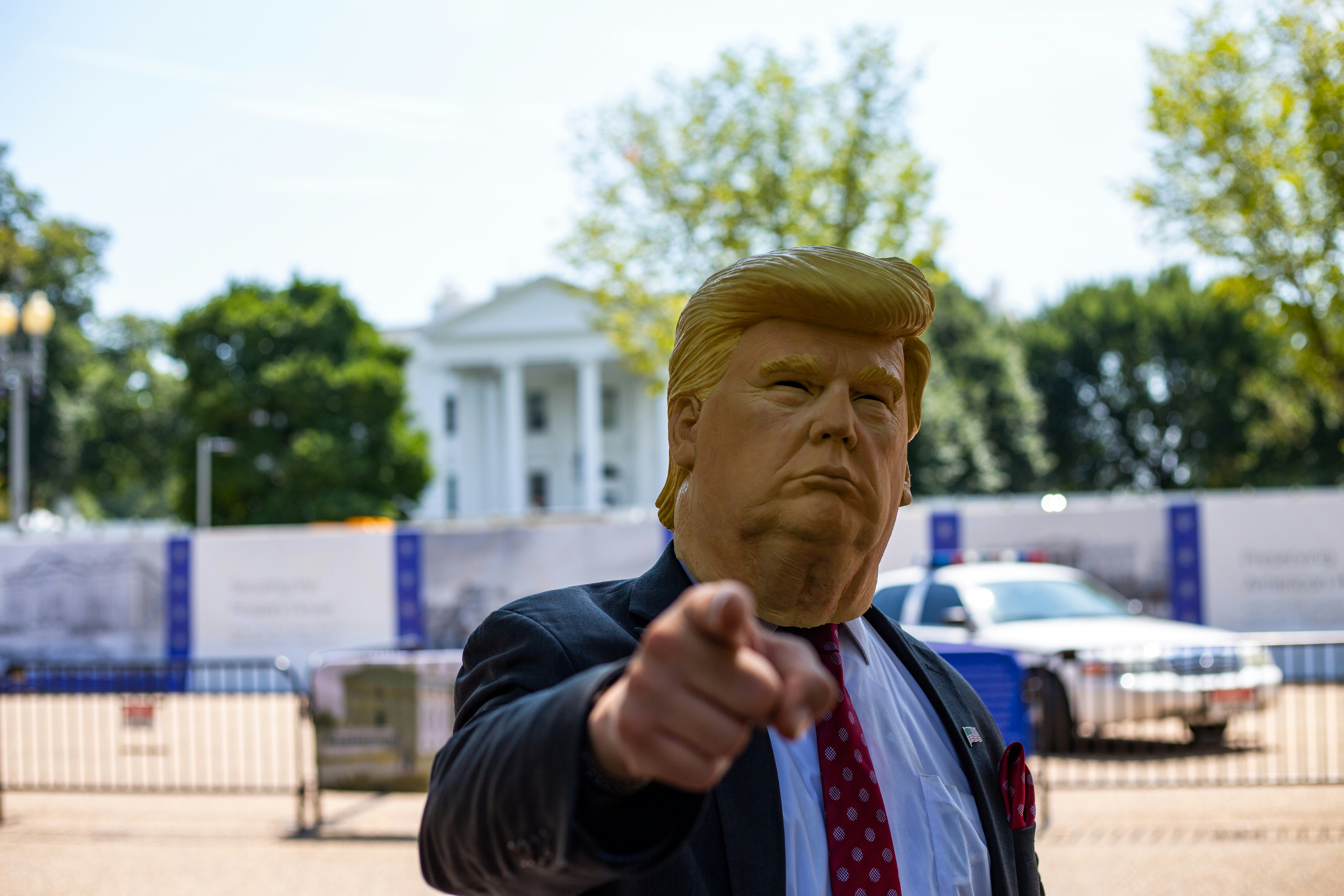Trump Urges Putin To Negotiate Ukraine Deal: A Warning Of Escalated US Sanctions And Tariffs

The Ukraine-Russia conflict has continued to disrupt global stability, causing humanitarian crises and economic uncertainties worldwide. Former President Donald Trump recently issued a pointed statement urging Russian President Vladimir Putin to expedite negotiations for a resolution to the war. Trump warned that failure to do so could lead to the United States imposing increased taxes, tariffs, and sanctions against Russia. This bold move highlights the urgency of ending the conflict while raising questions about the potential consequences of such measures.
Background on the Ukraine-Russia Conflict
The Ukraine-Russia war began in 2014 with Russia’s annexation of Crimea and escalated dramatically in 2022 when Russian forces launched a full-scale invasion. The conflict has led to thousands of deaths, widespread displacement, and significant economic disruption. Western nations, including the United States, have supported Ukraine through military aid, sanctions on Russia, and diplomatic efforts. Despite international pressure, the war persists, with no clear end in sight.
Trump’s Statement: Key Points
In his recent remarks, Trump urged Putin to prioritize peace and reach a deal to end the conflict. He outlined a series of potential economic measures designed to pressure Russia into compliance:
Increased tariffs: The United States could impose higher tariffs on Russian goods, further limiting Russia’s access to global markets.
Higher taxes on Russian entities: US-based operations of Russian companies could face significant tax hikes, squeezing revenues.
Expanded sanctions: Additional sanctions could target Russia’s energy sector, technology exports, and financial institutions, intensifying the economic strain.
Trump justified his proposal as a necessary step to expedite negotiations, emphasizing that prolonged conflict would only worsen the global fallout.
Potential Impact on Russia
If implemented, Trump’s proposed measures could deal a severe blow to Russia’s economy:
Economic consequences: Increased tariffs and sanctions would likely curtail Russian exports, particularly in the energy sector, which constitutes a major portion of the country’s revenue.
Domestic strain: The compounded economic pressures could lead to inflation, unemployment, and reduced public services, fueling discontent among Russian citizens.
Diplomatic isolation: Additional sanctions might isolate Russia further from international markets and alliances, limiting its geopolitical leverage.
Implications for Global Trade and Diplomacy
While the proposed measures target Russia, they could also have ripple effects on global trade and diplomacy:
Global markets: Higher tariffs and sanctions on Russia could disrupt supply chains, increase energy costs, and exacerbate inflation, affecting economies worldwide.
US-Europe relations: European nations, many of which rely on Russian energy, may face increased economic strain, complicating their stance on additional US-led measures.
Diplomatic fallout: The strategy could escalate tensions with countries sympathetic to Russia or those advocating for a less confrontational approach.
Reactions to Trump’s Proposal
Trump’s bold stance has elicited varied reactions:
Support: Advocates of a tougher approach see this as a necessary move to force Russia’s hand and end the conflict.
Criticism: Opponents argue that the economic fallout could backfire, harming US allies and global stability while failing to coerce Putin.
Russian response: While Moscow has yet to formally respond, experts predict that Putin will view this as an escalation, potentially hardening his stance.
Paths to Resolution
To achieve a resolution, several scenarios could unfold:
Negotiated settlement: Heightened economic pressure might compel Russia to engage in meaningful peace talks, possibly mediated by international organizations.
Prolonged conflict: If Russia resists external pressure, the war could drag on, with devastating consequences for Ukraine and the broader region.
Global involvement: Increased sanctions may prompt other nations to play a more active role in facilitating a resolution, either diplomatically or through additional support for Ukraine.
Conclusion
Trump’s warning to Putin underscores the urgency of resolving the Ukraine conflict and the lengths to which the US might go to force an end to the war. While his proposed measures carry the potential to increase pressure on Russia, they also risk escalating global economic and diplomatic tensions. Whether this approach leads to peace or further instability remains uncertain. What is clear, however, is that the international community must remain steadfast in its efforts to secure a lasting resolution.
Author: Brett Hurll
The Self-Destructive Nature Of Anti-Tourism Protests: Balancing Resident Concerns With Tourism Benefits
In recent years, anti-tourism protests have become increasingly common across popular tourist destinations. From the Bal... Read more
Military And Strategic Implications Of The Ukrainian Drone Attack In Kursk
On a recent morning, the Kursk region in south-western Russia witnessed an unexpected and significant event: a Ukrainian... Read more
Chinese Tech Stocks Gain Ground Despite Wall Street Technology Sell-Off
Chinese tech shares in Hong Kong gained on Friday, defying a technology stock sell-off on Wall Street, driven by strong ... Read more
Defense Pact Between Britain And Germany: A Focus On Cybersecurity And Joint Operations
In a move set to redefine European defense collaboration, Britain and Germany have signed a comprehensive defense pact a... Read more
US Secret Service Director Steps Down After Trump Assassination Attempt
Security lapses admitted by Kimberly Cheatle prompt resignation.Kimberly Cheatle, the head of the US Secret Service, has... Read more
Kamala Harris Promises A Brighter Future In Official Campaign Launch
In a vibrant and impassioned campaign launch, Vice President Kamala Harris vowed to lead America toward a "brighter futu... Read more

